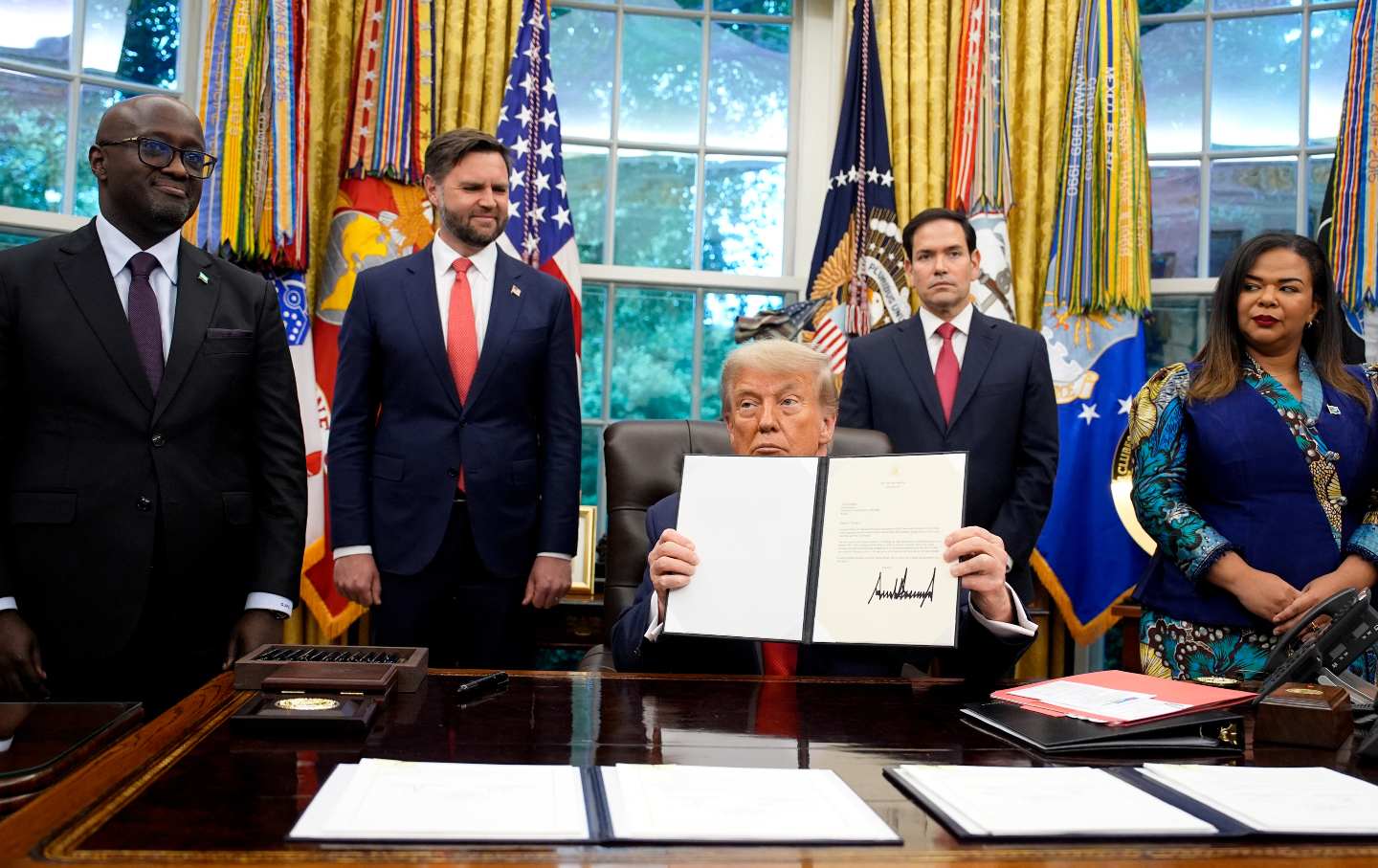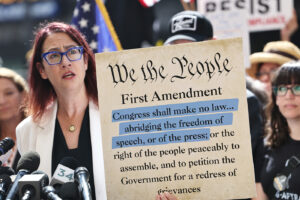September 17, 2025
For America’s Congolese Diaspora, Peace Deals Offer Little Comfort
By Nic Wong
The conflict in the Congo is one of the deadliest crises in the world, but many worry that Trump’s interest in the region emphasizes deals for US investors over lasting peace.

Nils Kinuani was sitting in his elementary school classroom in Bukavu, a city in the eastern region of the Democratic Republic of the Congo, when the rebel commander chiefs entered the room. “They picked a number of boys, but they never picked me,” Kinuani said, recounting the moment he saw his friends being kidnapped by M23 soldiers in 1997, following the outbreak of violence in the Congo. “Those boys that were picked and taken from the classroom, their families never saw them [again]… they were recruited into the army, and they never went back home.”
Kinuani, now residing in Maryland, leads a network of US-based Congolese activists at a nonprofit group called Action for Congo. Even after 15 years of living in the United States, he still thinks back to that frightening moment in the classroom as motivation for his continued activism.
“I always tell people that if I was picked that day, I’d never be in the US,” Kinuani told The Nation. “I don’t know how my life would be right now.”
The conflict is one of the deadliest humanitarian crises in the world. Since the First Congo War broke out in 1996, around 6 million people have been killed in a population of over 105 million, with millions more displaced. Reports of rape being used as a weapon of war are rampant. The conflict’s roots trace to the 1994 Rwandan genocide, during which Hutu militias killed over 800,000 ethnic Tutsi, in addition to moderate Hutus and Twa people, and ethnic tensions in the region date back to Belgian colonization, when the imperial power decreed varying levels of rights to the indigenous population.


